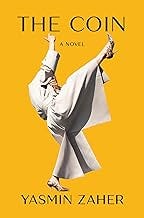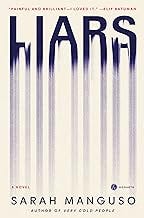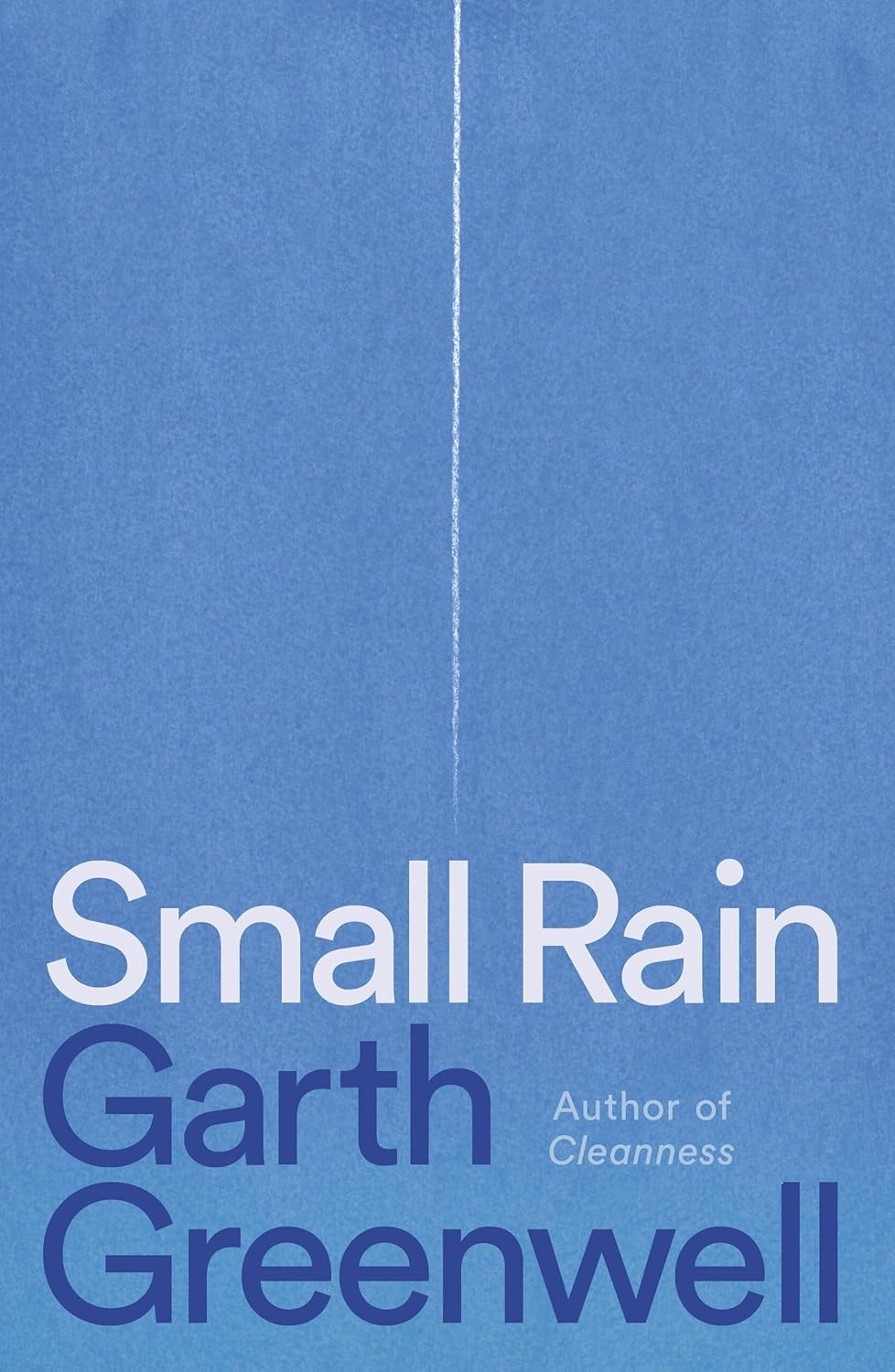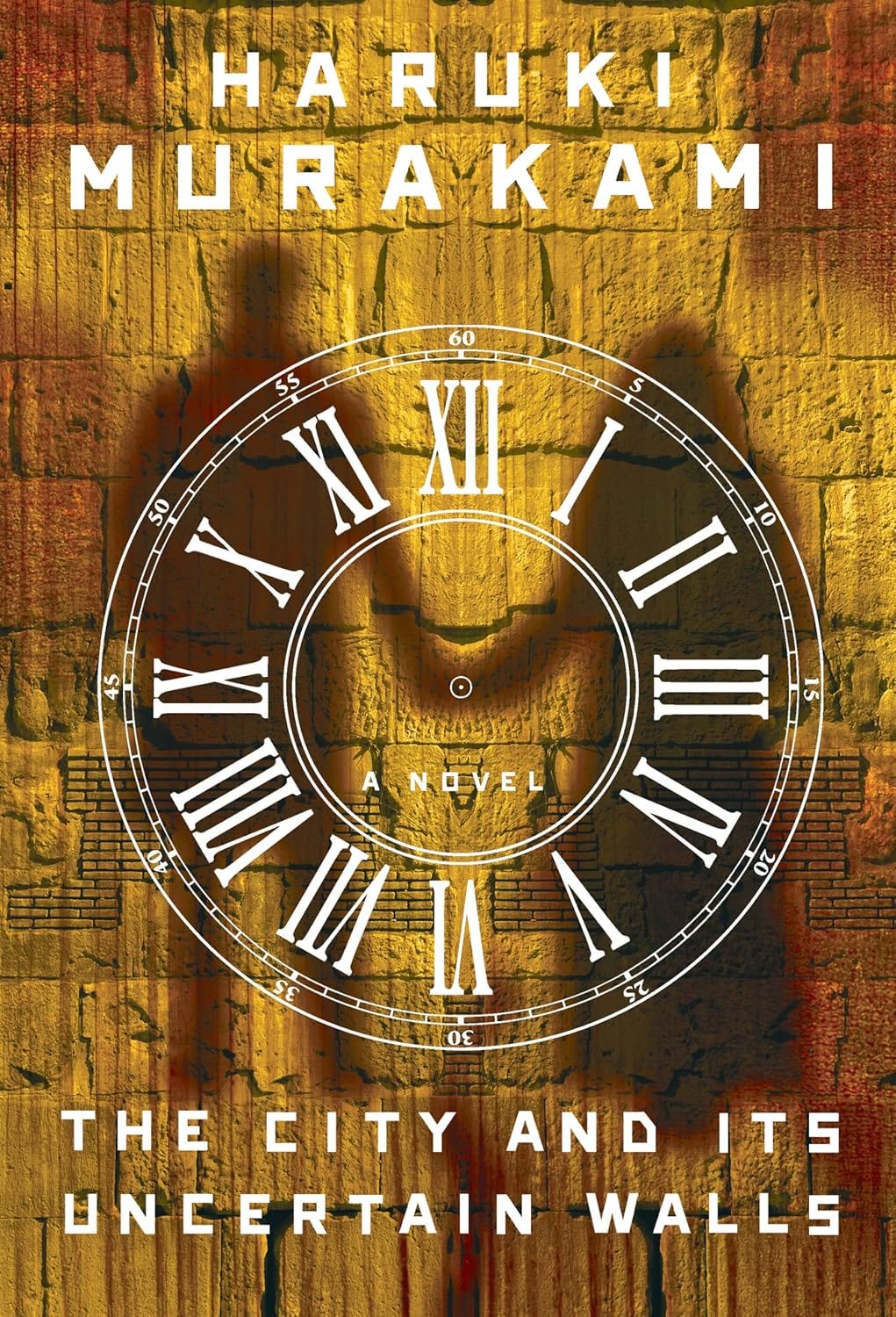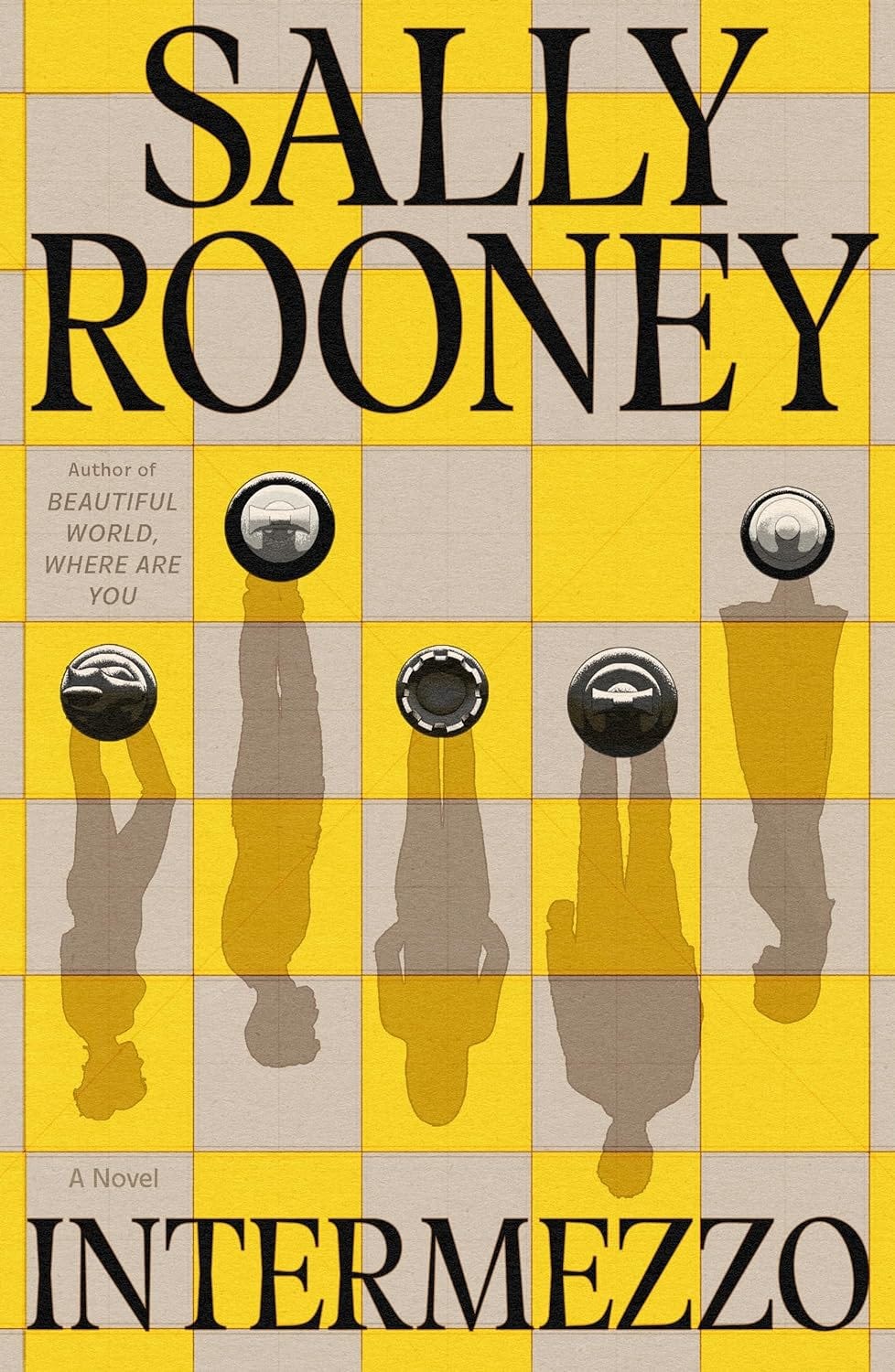The many rots that began afflicting mainstream fiction more than a decade ago now routinely blight entire harvests (hence, no “Best Debut Fiction” list this year), and 2024's was no exception. Writers, even new ones, have by now fully absorbed the lessons of their crappy predecessors: copy-and-paste your whining, preening social media feeds into your pages under the apparently all-forgiving heading of “autofiction”; trumpet the 1% south-western Ruritanian genetic heritage you get from your stepmother and imply that anybody who doesn't praise you might just be a bit bigoted against south-western Ruritanians; advertise your various chemical dependencies, pharmaceutical prescriptions, and suicide attempts in order to pre-emptively insulate your crappy book from criticism; trot out the wooliest old cliches and trust to your cult of personality to guarantee that your fans will cry that you've reinvented the wheel; above all, make sure your cynicism – about life, about relationships, especially about your own craft – is on full display at all times. These and other rots have now become so reflexive, so near-universal, that the entire genre of contemporary fiction has virtually nothing to offer the general reader except contempt, condescension, and incompetence. These were the year's worst offenders:
10 Evenings & Weekends by Oisin McKenna (Mariner Books)
I'd ordinarily abstain from including a debut novel on this list, but a) at least twenty of the worst novels I read this year were debuts, and b) this Euphoria season-pitch about a collection of dumb, obnoxious characters wandering around the mean streets of London feels like the kind of squint-eyed calculating thing a 40-year publishing veteran would produce. The cardboard characters fornicate pointlessly, smoke endlessly, and talk pretentiously until even the most patient reader is hoping COVID-19 eventually gets them all.
9 The Coin by Yasmin Zaher (Catapult)
As mentioned, 2024 features so many absolutely wretched debut novels that some of them have to make their way onto the list this time around, and here's another, this braying, scorchingly too-cool-for-school first (and, one can hope, last) novel by Yasmin Zaher that obviously purports to be some kind of inheritor of Tama Janowitz but manages to be even less coherent than anything she herself ever wrote.
8 Long Island Compromise by Taffy Brodesser-Akner (Random House)
This author's second novel clearly intends to tell the story of the long-term forty-year trauma visited upon a well-to-do family when their paterfamilias is kidnapped in 1980 and almost immediately released. But since none of the characters here have any more than the standard-issue one dimension, the trauma feels less like a Euripidean drama and more like a series of Post-It note reminders the author is giving herself about how rotten Millennials are.
7 Funny Story by Emily Henry (Berkley)
Calling any of Emily Henry's characters one-dimensional would be an insult to printer-paper, of course, and criticizing any of her books is pointless, since they're all basically paginated Benadryl, the perfect thing when you want to relax by pretending to read something that pretends to be a book. In this outing, a hapless librarian falls in love with a scruffy nerf-herder, but it hardly matters; they might all just as well be called “Movie Deal.”
6 Liars by Sarah Manguso (Hogarth)
The title of Manguso's latest chunk of grievance fiction is presumably an abbreviated version of the more accurate “All Men Are Liars” (with apologies – mine, not Manguso's – to Alberto Manguel), which itself is presumably just a variation on “All Men are Monsters,” the only book Manguso has ever written. In this latest iteration, readers get dragged through boring prose about boring people to reach that same old boring conclusion.
5 The Third Realm by Karl Ove Knausgaard (translated by Martin Aitken) (Penguin Press)
This third installment in a series that even Knausgaard himself can't pretend to still find interesting continues the story of a world under the light of a new and mysterious star in the sky. With each new book in this tired bit of carpetbagging, the author comes up with a few more plot wrinkles, none of them premeditated, none of them internally consistent, and, as mentioned, none of them interesting.
4 The Empusium by Olga Tokarczuk (translated by Antonia Lloyd-Jones)
Unquestionably, there's something much worse about the rots and posturings of contemporary fiction when they're unironically mapped onto genuinely great work. In the case of this new book by Tokarczuk, the great work is naturally Thomas Mann's Magic Mountain, since her gauze-thin character manqués convene at a health resort a century ago. But the depth and unblinking honesty of Mann's book is here replaced with exactly the kind of meandering Twitter-musing that afflicts virtually every work of fiction being published today.
3 Small Rain by Garth Greenwell (Farrar, Straus and Giroux)
This thin, wan little story of Greenwell's about a writer caught up in an unexpected (and unexpectedly expensive) medical emergency comes from the exact same source as literally every word this author has ever published: high dudgeon. A bit of rough trade slaps him? A family (or institution) fails to appreciate his towering genius? A health problem involves him in the dysfunctional American health care system? In this and all cases, the response is the same: write an arch, stilted, self-pitying novel about it.
2 The City and Its Uncertain Walls by Haruki Murakami (translated by Philip Gabriel) (Knopf)
There's an argument to be made that waiting for a world-renowned author to write something that's actually good, waiting, eternally waiting, is somehow good for the soul. This is maybe the wind keeping the pages turning in this latest heap of impromptu-feeling garbage by Murakami, about … well, who knows? A flaccid meditation on the author's apparently interminable middle age? A self-pitying bit of hypothesizing on some quiet alternate life the world-weary celebrity author might have lived as a humble librarian? It all boils down to the same thing: whatever random thing the author felt like first-draft spitballing that day.
1 Intermezzo by Sally Rooney (Farrar, Straus and Giroux)
One brother's lover is much younger than he is, and the other brother's lover is much older, and while you're rolling your eyes and waiting impatiently for the added complexities that will turn this dumb-as-tin premise into matter worthy of the bestselling and most popular author in the galaxy, you should steel yourself – because you're going to be rolling your eyes forever. This, easily the worst novel of the year, is the most vivid demonstration yet (until next year, obviously) of Rooney's conviction that all she needs to do is the insulting bare minimum. There's no part, not a single moment, of this wretched book that readers won't be able to predict ten years before it inevitably happens. Alarming that this has become a career goal for an entire class of greedy, talentless swill-distillers.





